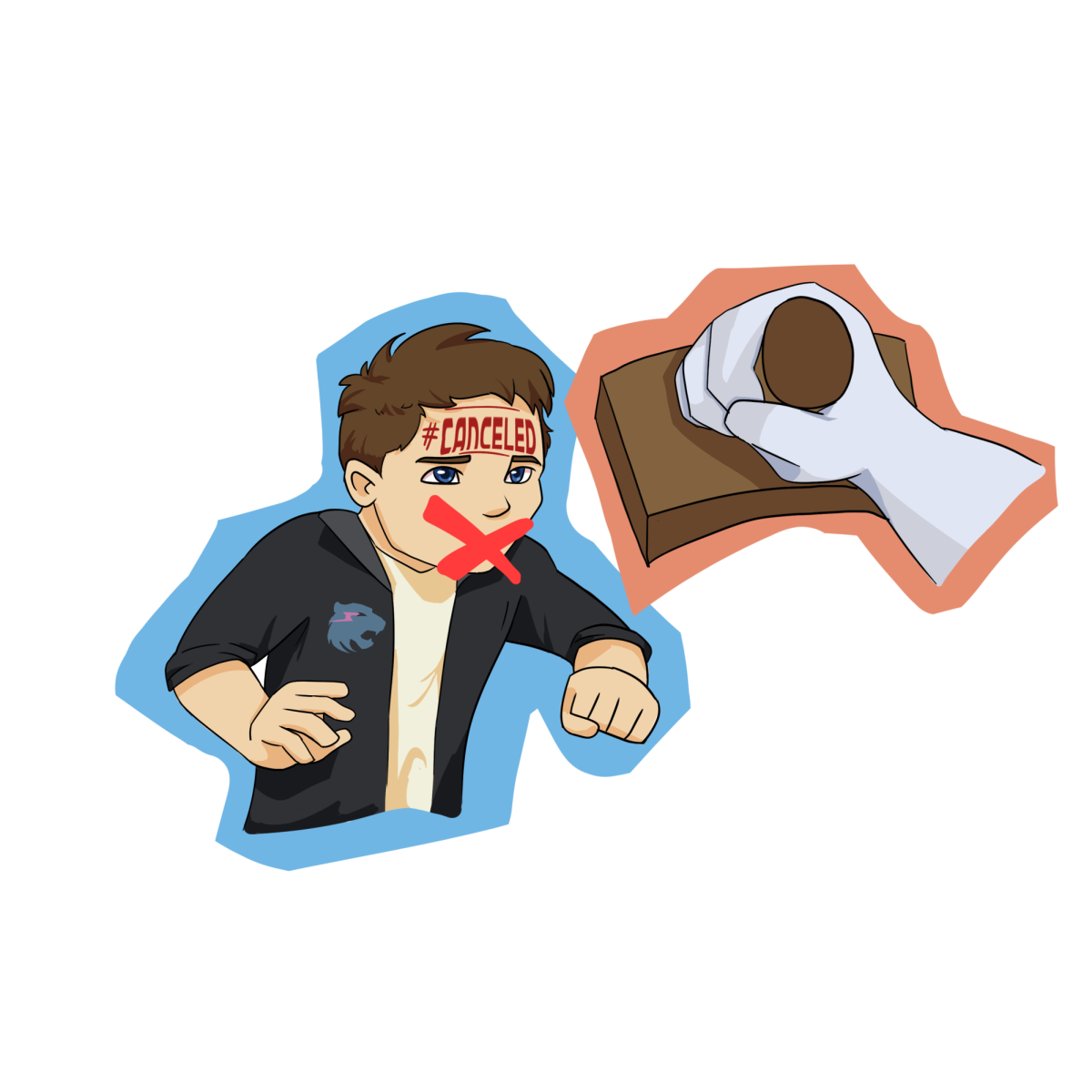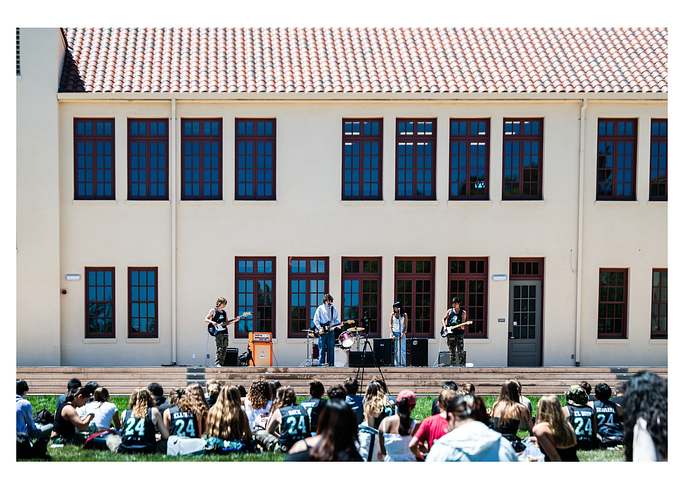Like a Cyber Monday sale, students sit primed and ready to register for the summer session of Living Skills the second the clock ticks 8 a.m. every March. Mere seconds later, all spots are full and students pile on the waitlist — chances are, only a lucky few will be offered spots from drops. The remaining students will be forced to fit the semester-long course into their busy schedules, requiring some to drop desired courses.
Living Skills is one of the many courses students are required to take in order to graduate from Paly or Gunn High School. The class covers a wide range of valuable material and gives students vital knowledge they should have before entering their sophomore year. However, much of the class typically consists of seniors scrambling to fulfill their graduation requirements, resulting in many students learning important material far too late.
Living Skills dives deep into the use of substances such as marijuana and alcohol — substances students may be exposed to in their four years of high school.
It also focuses on how to lead sexually healthy lifestyles and relationships. These issues are touched on during sporadic, surface-level assemblies — consequently, many students do not fully understand important concepts like consent until they learn about them in depth in Living Skills.
For some students, Living Skills discussions are their only chances to be educated about these multifaceted issues.
Knowing this information is crucial to staying safe throughout high school, but the issue remains that students are not being exposed to this sort of education when they ought to be — the curriculum is only effective if students learn it before they are exposed to what it covers.
Sophomore Jace Purcell, who took the course during the first semester of his sophomore year, said the curriculum — the section on drug use in particular — ought to be taught freshman year at the latest.
For some, taking the course in the summer may seem like the perfect solution to this issue. However, summer classes are capped at a certain number of students, and many of those who register do not get to take the course.
Integrating the curriculum into freshman advisory would be the all-inclusive solution to this issue — all students would learn the material in their freshman year.
The Campanile surveyed 195 random students of all grades through Google forms and found over 80 percent of students said they are in favor of integrating Living Skills into freshman advisory.
Since Living Skills can be viewed as something of a hindrance on student creativity and freedom in choosing courses, students put off taking it till senior year.
According to The Campanile’s poll, over 50 percent of students were unable to take courses they wanted to take because they had to take Living Skills.
Living Skills teacher Leticia Burton said with careful planning and course selection, it is possible for a student to take the course early and make room for electives later in high school.
However, underclassmen are particularly hard-pressed to fit the course in to their schedules. Six of their seven class periods are filled by the mandatory core classes, physical education and, for most, a required language.
Additionally, a large portion of the student body takes repeating year-long electives such as band, choir, art or theatre — courses many wish to enroll in for all four years of high school.
Students are further restrained by the other graduation requirements. The Visual and Performing Arts and Career Technical Education requirements require all students to take both an art and vocational year-long course — which take away two more class periods in one’s schedule.
These difficulties are even more complex for juniors and seniors; upperclassmen take more classes related to the career they intend to pursue, and even as the number of elective slots increases, finding space for Living Skills remains burdensome.
These restrictions all culminate in many students putting Living Skills off until it is long overdue.
According to Burton, the underlying issue surrounding Living Skills is the student body’s mindset. Because of the negative effects it has on course selection and academic planning, students view the course in a dismissive light — and the only remedy is to disassociate the course from this perspective.
The way to do so is to integrate the curriculum into advisory. If the limiting effects Living Skills has on course selection are eliminated, students will no longer view the course as a hindrance.
With all students learning how to keep themselves safe early on while still taking the courses they love, integrating Living Skills into freshman advisory would be the comprehensive solution to all of these issues and would benefit the entire student body.







